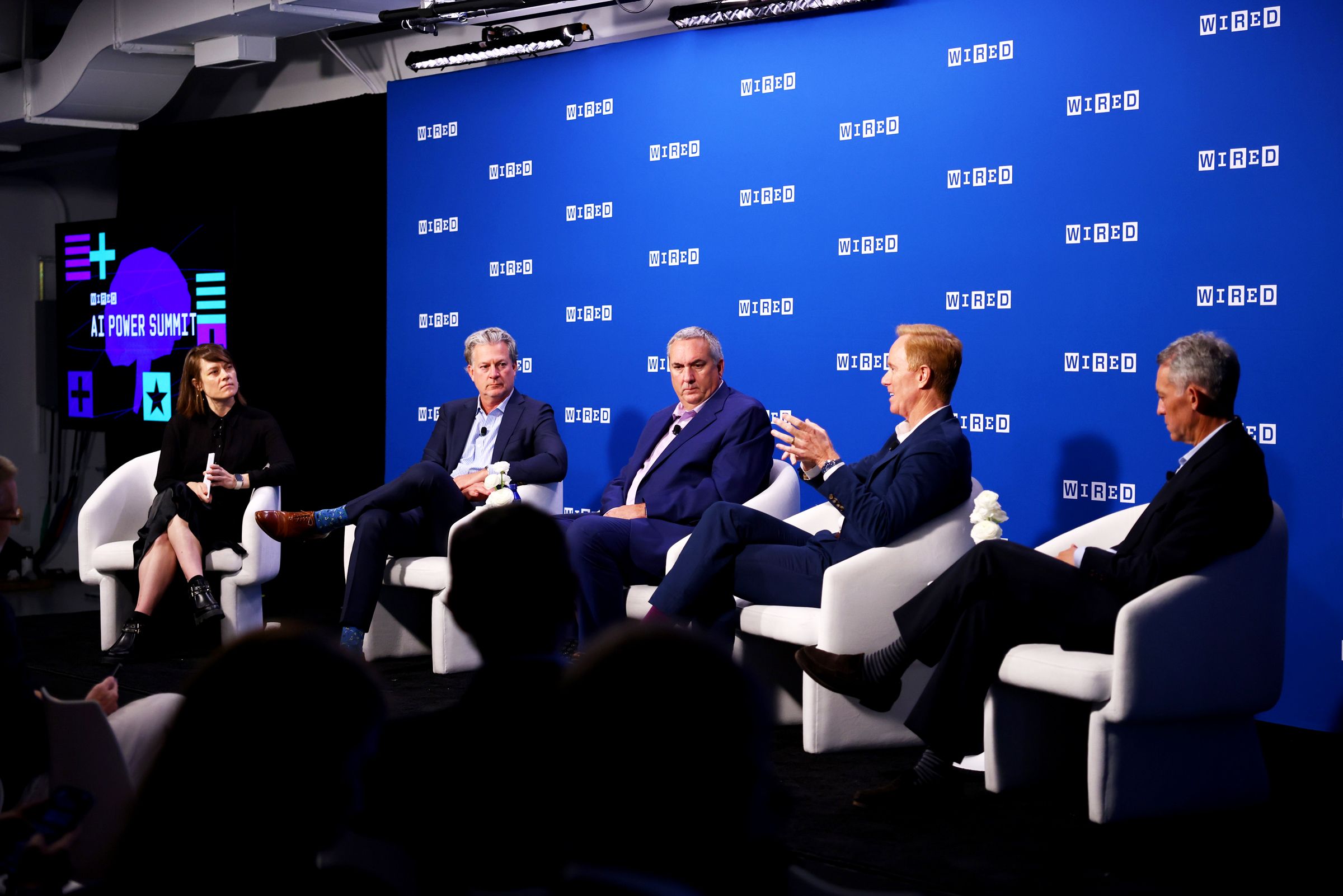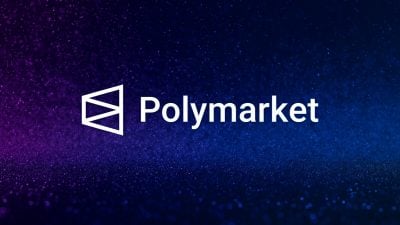In an increasingly divided world, one thing that everyone seems to agree on is that artificial intelligence is a hugely disruptive—and sometimes downright destructive—phenomenon.
At WIRED’s AI Power Summit in New York on Monday, leaders from the worlds of tech, politics, and the media came together to discuss how AI is transforming their intertwined worlds. The Summit included voices from the AI industry, a current US senator, a former Trump administration official, and publishers including WIRED’s parent company, Condé Nast. You can view a livestream of the event in full below.
Livestream: WIRED’s AI Power Summit
“In journalism, many of us have been excited and worried about AI in equal measure,” said Anna Wintour, Condé Nast’s chief content officer and the global editorial director of Vogue, in her opening remarks. “We worry about it replacing our work, and the work of those we write about.”
Leaders from the world of politics offered contrasting visions for ensuring AI has a positive impact overall. Richard Blumenthal, the Democratic senator from Connecticut, said policymakers should learn from social media and figure out suitable guardrails around copyright infringement and other key issues before AI causes too much damage. “We want to deal with the perfect storm that is engulfing journalism,” he said in conversation with WIRED global editorial director Katie Drummond.
In a separate conversation, Dean Ball, a senior fellow at the Foundation for American Innovation and one of the authors of the Trump administration’s AI Action Plan, defended that policy blueprint’s vision for AI regulation. He claimed that it introduced more rules around AI risks than any other government has produced.
Figures from within the AI industry painted a rosy picture of AI’s impact, too, arguing that it will be a boon for economic growth and would not be deployed unchecked.
“We have this generational opportunity to reignite American scientific leadership and to renew America’s position as a leader in innovation around the globe,” said Markham C. Erickson, vice president of government affairs and public policy at Google, who mentioned his company’s work applying AI to modeling protein interactions and materials science as signs of such a renaissance.
Erickson downplayed Google’s role in undermining the media industry, even though publishers have seen traffic plummet thanks to tools like AI Overviews, which summarize content instead of sending traffic directly to websites. (AI Overviews still offer links to sources, but publishers have widely reported serious impacts to how many visitors Google sends to their sites since the rollout.) “We want a healthy ecosystem,” said Erickson. “But user preferences, and what users want is also changing.”
In a later panel, several media industry leaders argued that Erickson’s rosy analysis underplays a hugely destructive trend.
“The insinuation that AI Overview is not getting in the way of the 10 blue links and the traffic going back to creators and publishers is just 100 percent false,” said Mike Reed, CEO of Gannett | USA Today Network. “All of the information is out there about how reduced the flow of people is back to sites.” Vox Media cofounder, chair, and CEO Jim Bankoff and People, Inc. CEO Neil Vogel expressed similar sentiments. Reed also announced that Gannett has rolled out its own chatbot-like tool, called DeeperDive, to give its readers the answers they’re looking for without having to go to an outside AI company.
Condé Nast CEO Roger Lynch, who previously worked as CEO of Pandora, drew parallels between the situation that faces online publishers today and when the music industry first forged licensing deals with streaming companies.
“AI is having a dramatic impact on our industry,” said Lynch. “We are really talking about billions of dollars to compensate industries like ours for one of the most critical inputs for these models, which is the content.”




